11 April 2025
In recent years, there’s been quite the buzz surrounding rural areas. And guess what? It’s not all about livestock and barns anymore. Rural development projects are stealing the spotlight as they become hotspots of innovation, sustainability, and investment. As cities burst at the seams, more people are looking "beyond the city limits" for opportunities, lifestyle changes, and in some cases, a little peace and quiet. But rural areas aren’t just about escaping the city grind; they’re transforming into vibrant hubs with endless potential.
So, what’s driving this change? And what are the latest trends popping up in rural development projects? Let’s dive in and unpack this movement.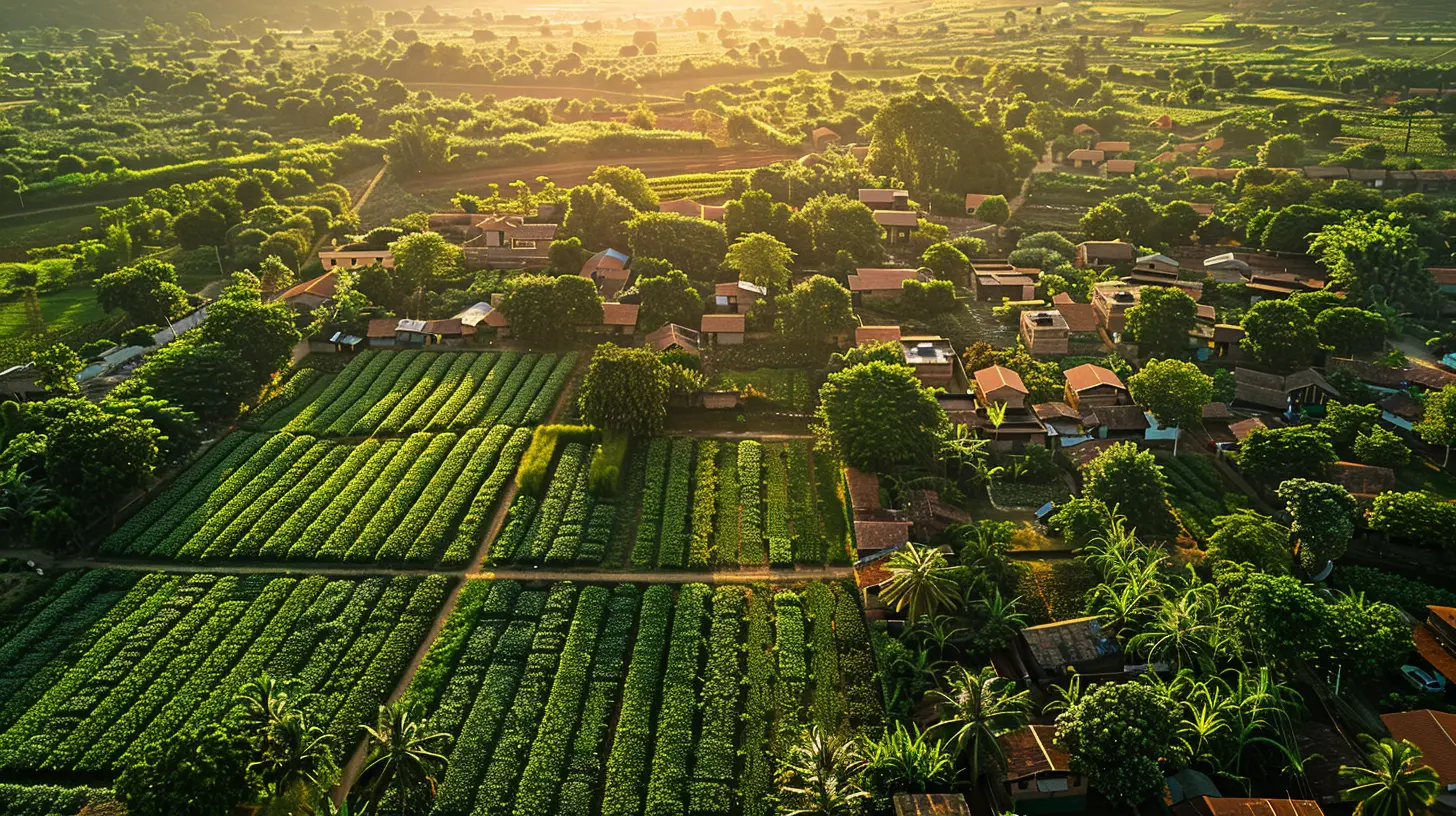
The Shift Toward Rural Living: Why is it Happening?
Think about it—cities are loud, crowded, and pricey. With skyrocketing housing costs, traffic that’s downright maddening, and the constant hustle and bustle, it’s no wonder people are drawn toward the countryside like bees to flowers. But it’s not just the headaches of city life pushing this shift; rural areas are becoming more attractive for a whole slew of reasons.For starters, remote work has been a massive game-changer. Post-pandemic, more people have embraced flexible work setups, meaning you can work from anywhere with a decent Wi-Fi connection. Suddenly, the idea of sipping coffee on a porch overlooking rolling hills rather than staring at a city skyline doesn’t sound so far-fetched, does it?
Then there’s the lifestyle upgrade. Rural areas offer space—wide-open, glorious, breathable space. Think of it as trading cramped apartments for sprawling backyards and fresh air. Plus, many are drawn to the slower pace of life. Who wouldn’t want to trade their morning subway commute for a stroll through a peaceful countryside road?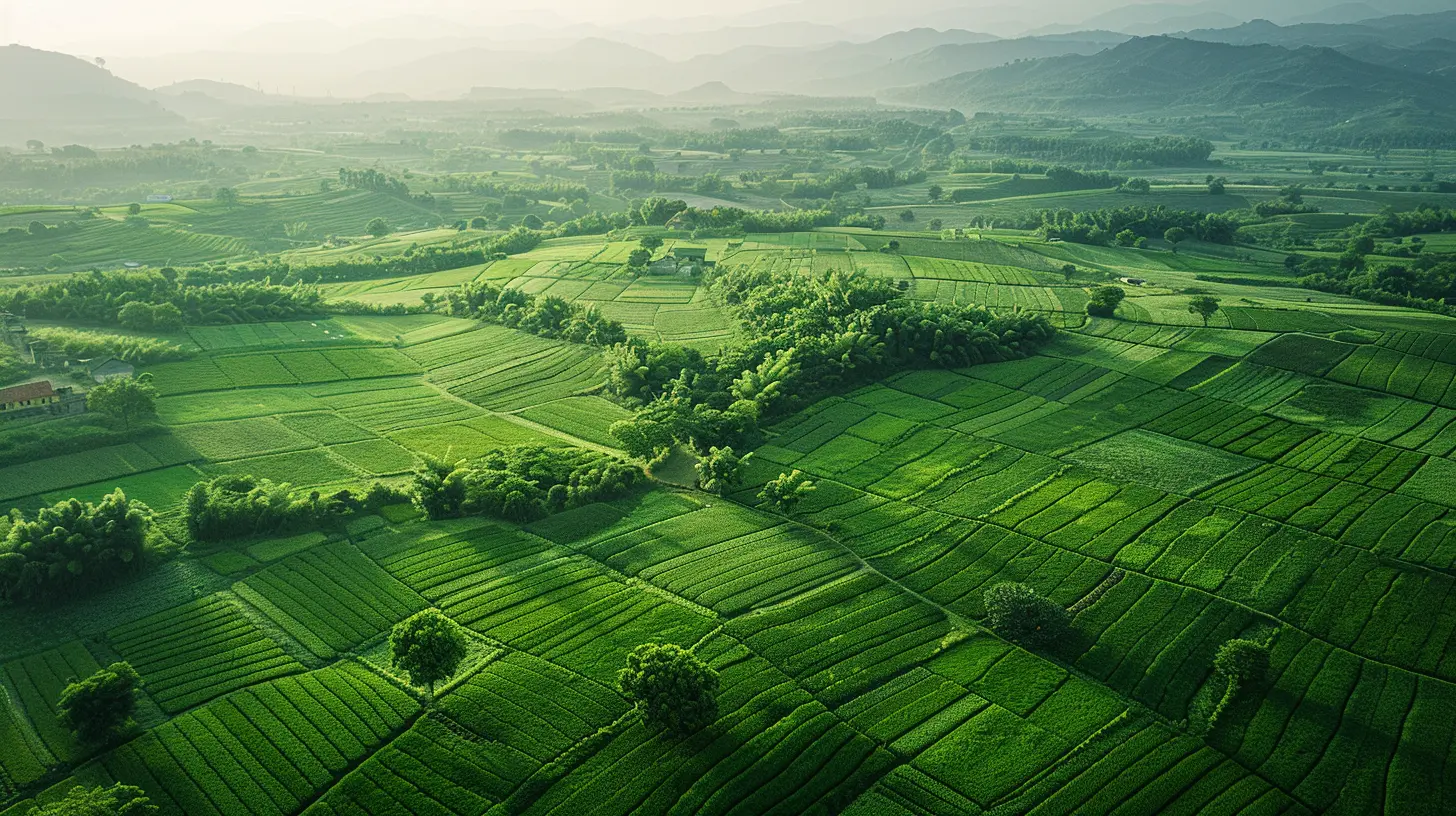
Emerging Trends in Rural Development Projects
Now, here’s where it gets fascinating. Rural development isn’t what it used to be. Gone are the days of one-size-fits-all approaches (you know, like just setting up a few farms and calling it a day). Today’s projects are diverse, innovative, and designed to meet modern needs. Let’s explore some of the trends shaping the future of rural areas:1. Sustainable Agriculture and Better Land Use
Rural development and agriculture go hand in hand, but now, sustainability is the name of the game. With climate change becoming a hot topic, rural projects are focusing on eco-friendly practices, like crop rotation, permaculture, and regenerative agriculture. Farmers are embracing tech too—think drones monitoring crop health or smart irrigation systems conserving water.But it’s not just about farming smarter; it’s about balancing land use. Developers are integrating residential, commercial, and agricultural spaces in ways that flow together, creating communities that feel connected and functional.
2. Green Energy Projects
Raise your hand if you’re hearing “green energy” everywhere these days. Well, rural areas are becoming the testing grounds for it. From wind farms sprawling across open plains to solar panel installations soaking up sunshine, renewable energy projects are booming.And here’s the kicker: these projects aren’t just about clean energy. They’re creating jobs, promoting local economies, and making rural communities more self-reliant. Some areas are even aiming to become 100% energy-independent, setting an example for the rest of the world.
3. Rural Tech Hubs
Wait—tech in rural areas? You bet! With the world moving online, there’s a push to modernize rural regions through better internet access and tech integration. High-speed broadband is no longer a luxury; it’s a necessity. Governments and private companies are investing big in bringing reliable internet to even the most remote corners.What does this mean for rural communities? Opportunities. Not only can remote workers and entrepreneurs thrive, but tech-savvy locals can explore new career paths without having to move to the city. Think co-working spaces in the middle of farm country—sounds like the future, right?
4. Eco-Tourism and Agri-Tourism
Here’s something you might not have considered: rural tourism is booming. People are hungry for authentic experiences (not to mention Instagram-worthy ones), and rural areas offer just that. Whether it’s staying in charming farm cottages, visiting organic vineyards, or hiking eco-friendly trails, travelers are flocking to the countryside for a slice of rural bliss.For rural development projects, this means creating attractions and experiences that are sustainable and profitable. And let’s face it, who wouldn’t want a weekend getaway that involves apple picking and wine tasting?
5. Affordable Housing Developments
Housing affordability—doesn’t it seem like a never-ending battle? In major cities, prices are jaw-dropping, leaving many priced out of the market. Rural areas are stepping up by offering affordable housing developments designed to attract families, retirees, and even young professionals.But this isn’t just about throwing up rows of cookie-cutter houses. The focus is on creating homes that are energy-efficient, community-oriented, and accessible. These projects aim to build neighborhoods where people want to settle, not just live.
6. Community-Focused Infrastructure
One of the common misconceptions about rural areas is that they lack infrastructure, but that’s quickly changing. From modern healthcare facilities to better schools and community centers, rural development projects are leveling up the amenities available to residents.It’s no longer about just surviving in rural areas; it’s about thriving. Developers are building walkable town centers, bike-friendly routes, and even modern public transit systems to connect communities with nearby cities. It’s like giving rural towns a 21st-century makeover.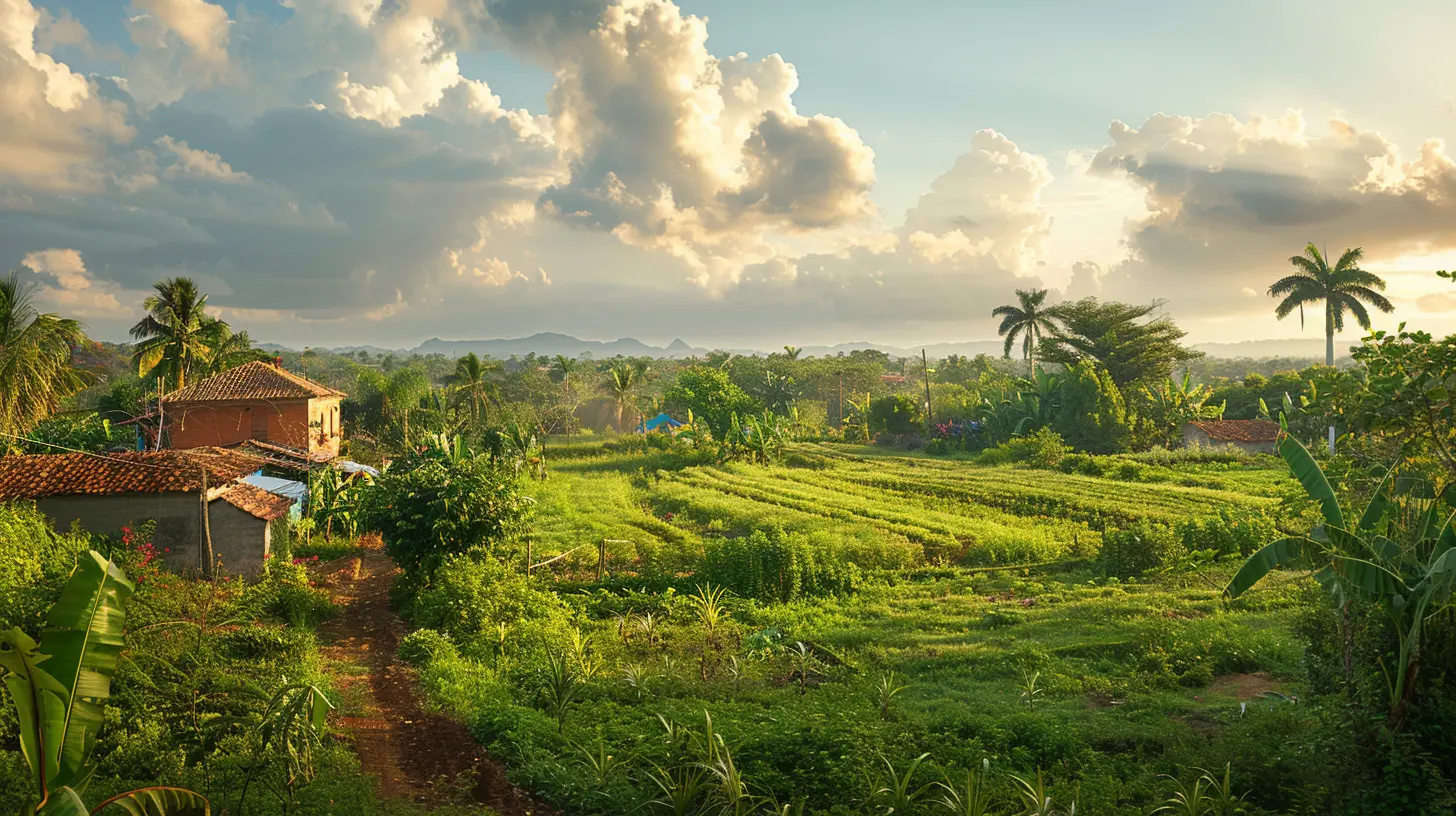
Challenges in Rural Development Projects
As promising as these trends are, it’s not all sunshine and rainbows. Rural development comes with its own set of challenges. Land acquisition and zoning issues can be tricky, especially when balancing development with conservation. Then there’s the issue of funding—many rural projects rely on government grants, private investments, or public-private partnerships to get off the ground.Another challenge? Retaining talent. While more people are moving to rural areas, keeping younger generations from leaving for cities remains tough. That’s why initiatives like better education, job creation, and fostering a sense of community are so crucial.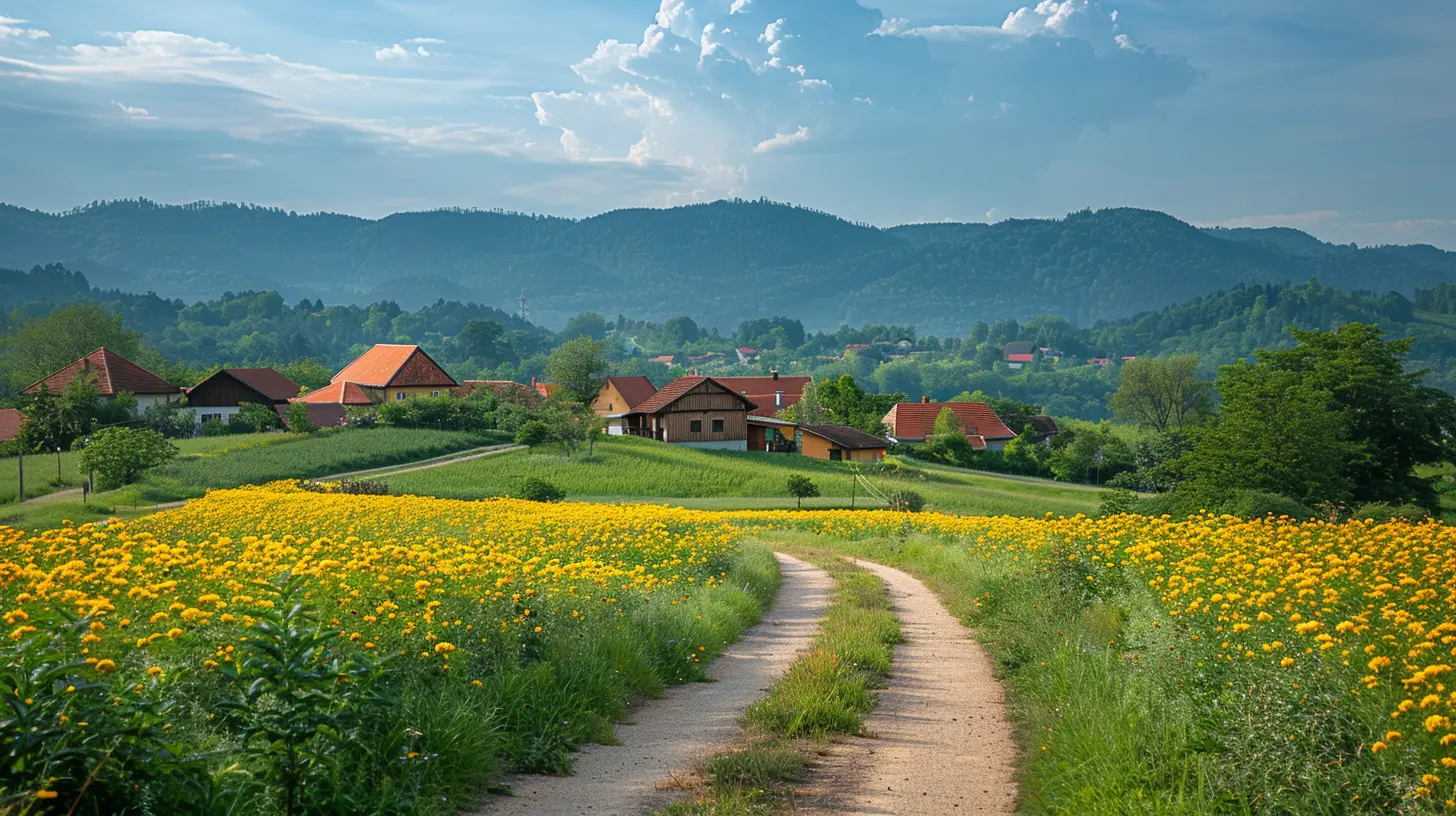
Why Rural Development Matters More Than Ever
If you think rural development is just about improving the countryside, think again—it’s about the big picture. Rural areas play a vital role in global food production, environmental conservation, and even combating urban overcrowding. By developing these areas sustainably, we’re not just creating opportunities for rural communities; we’re ensuring a better quality of life for everyone.Plus, with the world becoming more interconnected, rural areas no longer feel so “out there.” They’re becoming part of the global economy, bridging the gap between urban and rural lifestyles.
The Future of Rural Development: A Collective Effort
Here’s the deal—it’s not just about governments or corporations taking charge. Rural development is a collaborative effort that includes local communities, investors, nonprofits, and yes, even city dwellers looking for a weekend escape. The key is making sure development is thoughtful, inclusive, and sustainable.So, whether you’re an investor eyeing new opportunities, a city dweller dreaming of greener pastures, or simply someone curious about the future of rural areas, there’s no denying that the countryside is where the action is.

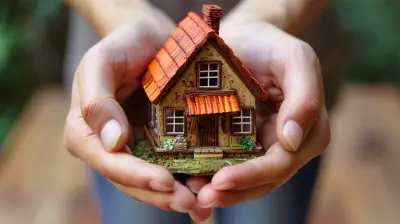
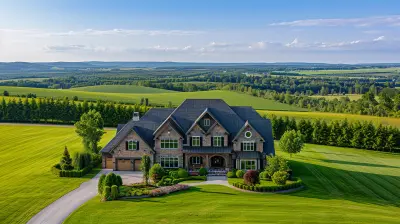

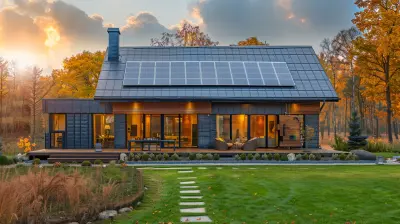
Allison McElhinney
Exciting insights on rural growth potential!
April 15, 2025 at 11:59 AM